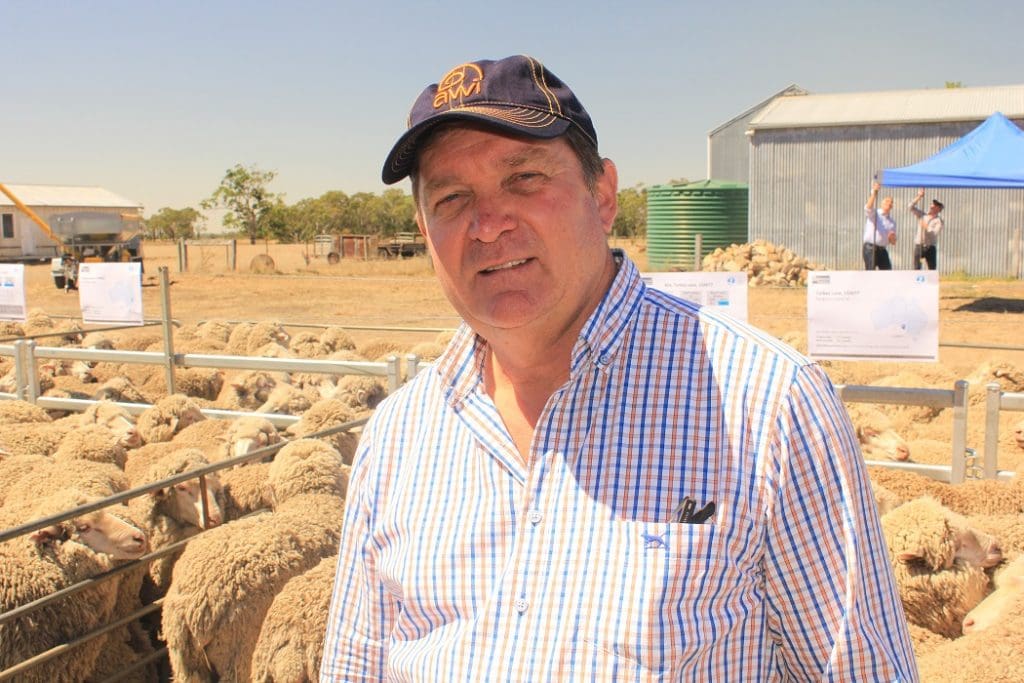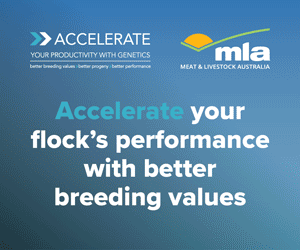
National Wool Harvesting and Training Advisory Group chair Don Macdonald says state committees are working well.
VISA occupation list changes, recruiting shed workers from farming families and improving workplace standards were discussed as workforce solutions by the National Wool Harvesting and Training Advisory Group recently.
The newly-formed group agreed the priority would be to get shearing recognised on the Skilled Occupation list for access to the 400 (Temporary Work – Short Stay Specialist) and 482 (Temporary Skill Shortage) Visa options at its meeting on 14 April in Sydney.
The Shearing Contractors Association of Australia and WA Shearing Industry Association also highlighted that labour shortages were real and more work needs to be done to bring staff in from overseas for the peak seasons across Australia.
SCAA executive officer Jason Letchford said there has been progress made with the Pacific Australia Labour Mobility scheme for shearers. He outlined the two pathways currently being pursued: through the Palladium Group that helps facilitate the PALM scheme or through an accredited labour hire company.
He said the SCAA is also working closely with Australian Wool Innovation to have initial training at the Falkiner Memorial Field Station in Conargo in southern New South Wales.
WoolProducers Australia chief executive Jo Hall said after visiting India in an Australian trade delegation recently, a labour and skills exchange type of scheme might be an option that aligns well with the recently ratified Australia-India Free Trade Agreement.
WASIA president Darren Spencer said a proposal from the WA WoolTAG to have a national campaign to promote increased recruitment of shed workers from farming families was worth pursuing.
 “Attracting shed staff can be difficult but in Western Australia we have had some recent success of promoting role models within schools.
“Attracting shed staff can be difficult but in Western Australia we have had some recent success of promoting role models within schools.
“While some kids may have grown up on farm they do not necessarily know the opportunities for holiday or part time work in sheds,” he said.
The group also heard from SCAA Shearer Woolhandler Training, AWI and the Australian Wool Exchange on recent training and initiatives to attract and retain wool harvesting staff. All group members agreed improving the standard of the workplace whether in terms of in shed equipment, facilities or work practices will help attract more people into the industry.
The NWHAT Advisory Group brings together state wool training advisory groups and key wool industry organisations to progress the wool harvesting industry.
Independent NWHAT chair and AWI director Don Macdonald said the group is working very well.
“Wool harvesting is the number one issue for wool growers.
“The advisory group is a great opportunity for all key industry organisations to work together,” he said.
“Collaboration is the way to go and collectively we’ve got a better chance of resolving the challenges.”
Mr Macdonald said the state training advisory groups are working well together and sharing information that benefits the industry nationally.
“It’s clear that many growers, shearers and the contractors who have lifted their game are getting better results.
“As an industry we need those improvements to spread more widely.”
Membership of the NWHAT group includes representatives from the state WoolTAGs chaired by AgForce Queensland, Livestock SA, NSWFarmers, Victorian Farmers Federation and Pastoralists and Graziers Association of Western Australia. Other key industry representatives are from Australian Wool Exchange, National Council of Wool Selling Brokers of Australia, SCAA, WASIA and WoolProducers Australia.

HAVE YOUR SAY